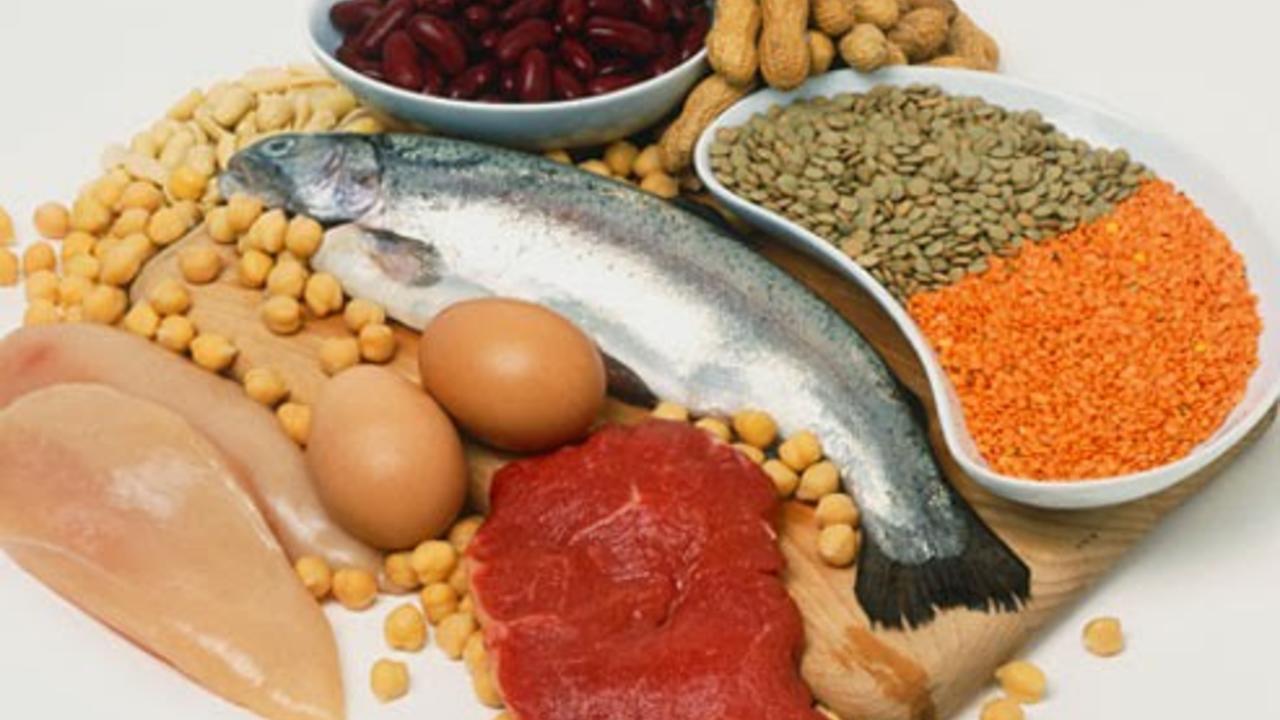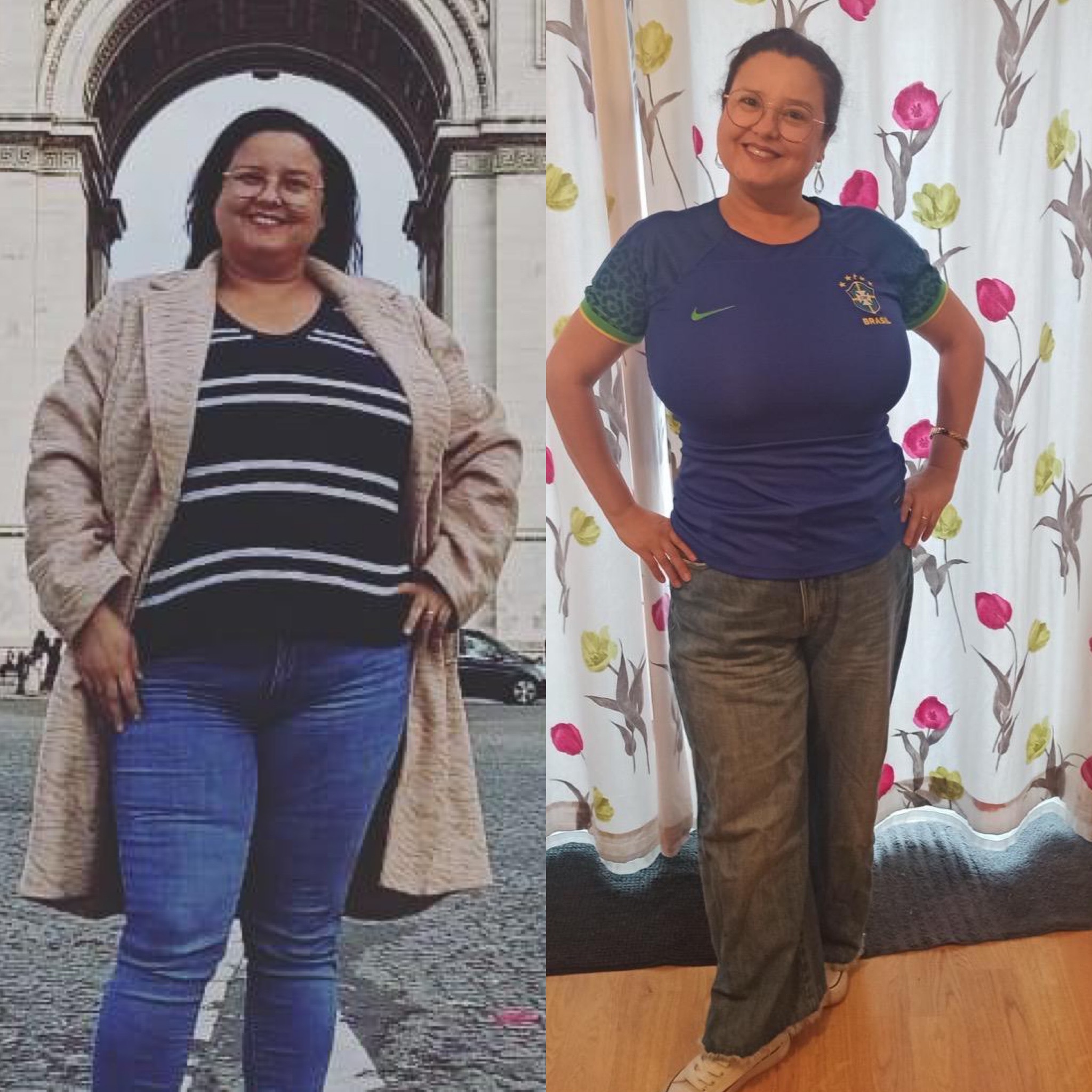Get to know the different types of proteins

Different types of proteins are present in thousands of foods and should be eaten in adequate amounts according to each metabolism to help regulate body activities.
But, what are proteins?
They are substances formed by various amino acids, which perform numerous functions in the body since all organs require a type of amino acid to generate their function or stimulus.
Proteins are beneficial to health because they can control the digestion and absorption of other nutrients, help boost immunity, carry oxygen in the blood and to the muscles, improve energy and muscle contraction, as well as are associated with hunger and satiety hormones.
How proteins can aid weight loss?
Protein consumption should be divided throughout the day according to the number of meals. This subdivision will stimulate the process of reducing body fat and maintaining muscle mass or synthesis. The amounts and sources of protein consumed to ensure the effectiveness of weight loss depend on each person’s life habits.
Proteins generate effects that enhance weight loss, the body uses energy to digest and absorb these nutrients. As the digestion process is over, the production of digestive enzymes and satiety hormones is increased to break down and absorb the proteins, as well as hunger is reduced because there is less production of insulin, and the next mealtime is extended. As a result, the total calorie intake of the day decreases, the choices of food sources become better and weight loss occurs healthily.
Check with a nutritionist specialised in weight loss the right amount of protein you should consume for weight loss results.

Did you know that different types of proteins can be consumed?
There are two types of protein sources: animal sources and vegetable sources. The consumption of these two sources can simultaneously occur when legumes (vegetable protein) and all kinds of meat (animal protein), for example, are consumed at the same meal (lunch or dinner).
The vegetable food sources that contain a large amount of protein are lentils, beans, tofu, chickpeas, almonds, chia seeds, peas, and quinoa. Examples of animal protein sources are eggs, fish and seafood, milk and dairy products, meats, and poultry.
And how can you add these proteins to your daily eating routine?
You must eat at least one protein source in every meal of the day. For example, you can have eggs for breakfast; meat, beans, and quinoa at lunch and fish or tofu at dinner.
In summary, proteins are essential nutrients that play a critical role in various bodily functions, from supporting muscle contraction to regulating hormones related to hunger and satiety. Consuming an adequate amount of protein, tailored to individual metabolism and lifestyle, is essential for maintaining overall health and aiding in weight management. By including both animal and plant-based protein sources in your diet, you can ensure a balanced intake that promotes muscle synthesis, enhances digestion, and supports sustained energy levels. For personalised advice on protein consumption, consulting a nutritionist is recommended to achieve optimal health and weight loss goals
Get an action plan with a Free Assessment!
Get personalized insights to enhance your well-being and achieve your goals. In this 15-minute video call, we will listen to you and guide you on what you need to do.
Schedule Your Free AssessmentRecent blogs







